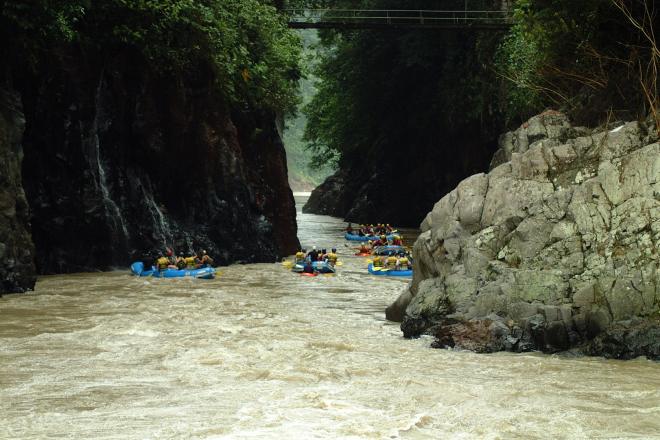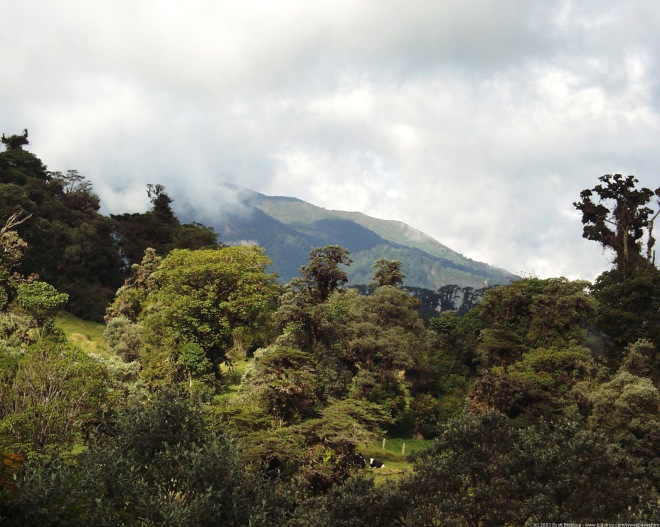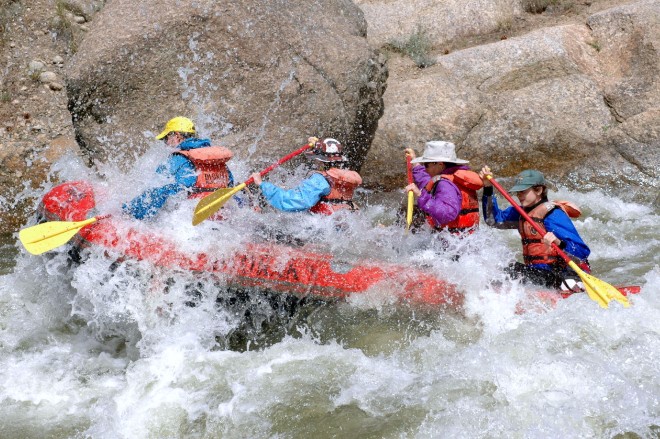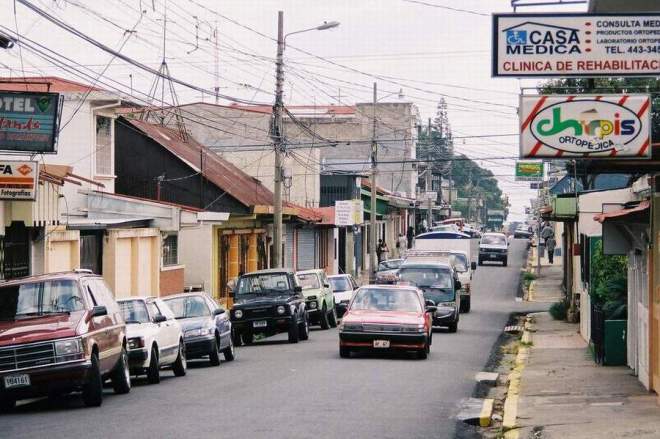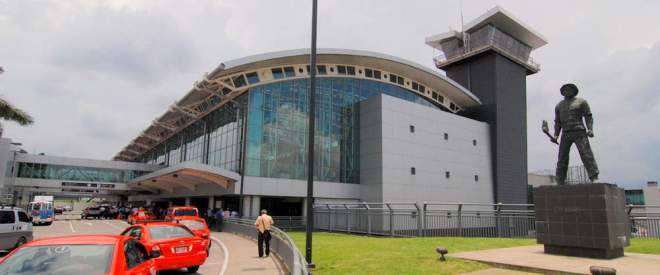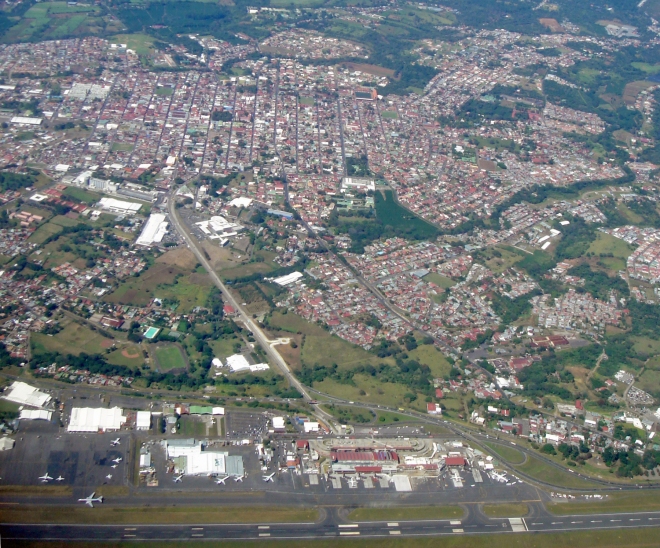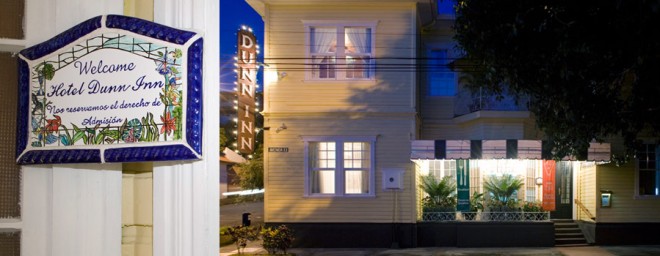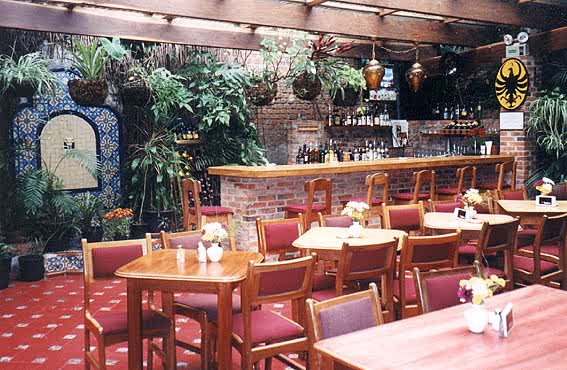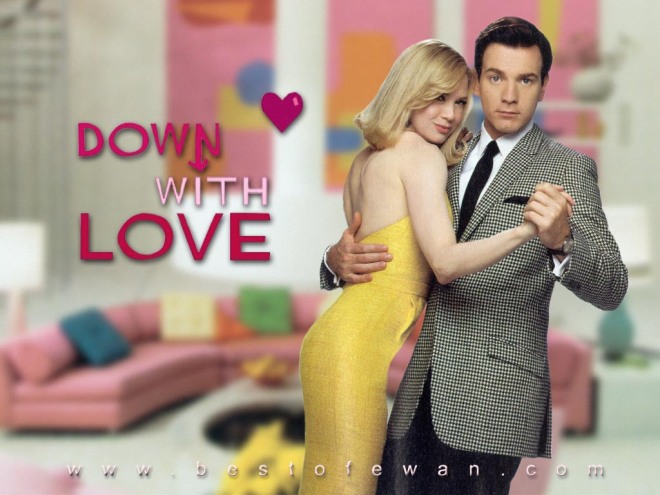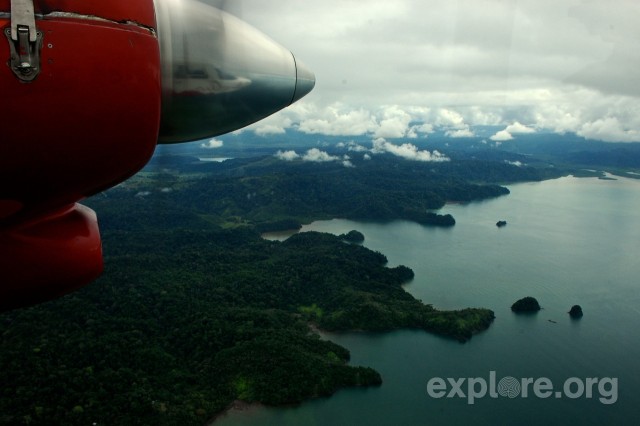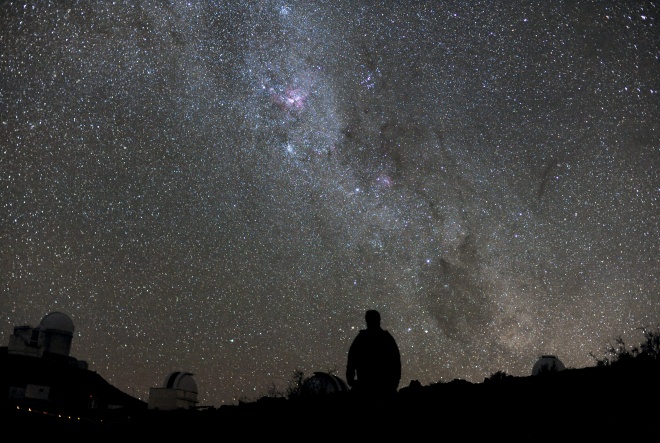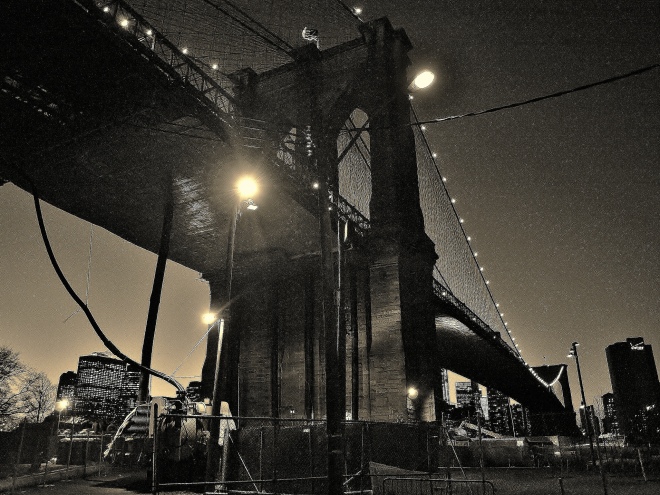THE WRONG CHOICE,
OR, Tales of a Third Grade Nothing, Part Two:
* * * * * * * * * *
My friends and I all had our favorite classroom locations and attitudes.
For example, on this particular morning, Eric sat by the large windows, staring out into the green courtyard dividing the two low cement buildings comprising our elementary school. The grass in the courtyard sprouted long and fat and wild and choked with overgrown yellow dandelions. It had rained and the colors bled silently into the grey sky.
I had assumed my favorite position as well: head down, arms folded, staring at my desktop. My own plan for massing a rebellion among the third-grade students against the evil tyranny of one Ms. G. Smith had not gone so well, mainly because I hadn’t acted on it.
But I did credit myself with helping to craft an anti-establishment mood. Indeed, in the first signs of non-violent struggle several students had abstained from doing the short homework lab on ice crystals assigned by Ms. G. Smith, although in retrospect I’m not sure if these students would have completed the lab either way.
Normally quite a conscientious student, I myself had done little assigned work since I decided I was at war with my teacher, and the work I completed was shoddy. My mother was mystified when informed of this at a parent-teacher conference. Perhaps she hoped my self-destructive rebellion would go away on its own, because she never confronted me about it.
I was staring down at my desk because I had just returned to Ms. G. Smith’s fourth grade classroom after a one-day vacation away for a youth writing conference held at Linfield College in the nearby town of McMinnville, Oregon, and I had not fared so well at this conference.
Now, I wasn’t sure which of my former teachers had picked me to be the representative from my elementary school, but I had been glad for the day off. Unfortunately I had not mentally prepared for the amount of work I would be expected to do, and I was thrown off by the rigor of the workshops and the lectures.
The worst part had turned out to be the public reading of our original works. For the conference I had been required to assemble a portfolio of my work and prepare an original short piece, be it a poem or a story. I had never written a poem before, so the night before the conference I came up with an off-the-cuff one about a priest – or maybe a wizard? – riding a horse through a medieval town in the middle of the night, delivering medicine or milk or something.
I hastily finished this literary gem in the shuttle van from my school to Linfield College that morning, and I thought it wasn’t half bad for the amount of time I had invested in it. Besides, it was part of my new nonchalance about school. I might do it, I might not. Either way I wouldn’t stress out.
At that time, of course, I was unaware I would have to publicly present it, having failed to read the information packet that the conference organizers had sent me.
Only when I stood up to deliver the poem to a packed room of professors, teachers and other students at the conference did I discover that the little poem I had hastily scribbled off was not, in fact, pretty good under any theoretical reading you subjected it to, but instead, probably the worst thing ever committed to paper. E.E. Cummings would have shat all over this poem.
Even more ominously for me and my literary reputation, other students had evidently worked for days, possibly weeks, agonizing over every word and phrase, conducting research in their public libraries, taking oratory classes, directing their mothers to buy them little grey suits with bowties, and generally producing poems and stories that bounced and sang and, as a bonus, were about something. Furthermore, they had practiced.
I, on the other hand, had to rifle frantically through my backpack right before the presentation just to find the pathetic crumpled little half-page I had written, and when I reached the microphone my voice quavered as if I were going to burst into tears and my hands shook so badly I was soon forced to put the paper down on the lectern.
Then, sadly, I couldn’t read the words anymore, because I had written them in my usual tiny scrunched handwriting and they just sort of ran down the page into a trickle of unintelligible ink until finally disappearing into a smeary blur, just beyond the focusing range of the human eye. So I tried to remember the rest of it off the top of my head.
I never looked at the crowd once. To them it must have appeared as if a disheveled little mentally ill kid had wandered onto the stage and, head down, muttered to himself for two minutes.
When I finally finished to a sort of baffled and sporadic clapping from the audience (ludicrously generous, considering what had just transpired in front of them), I stalked out the doors, the crowd a fuzzy gaggle to the side of me.
I tramped all over the pleasantly wooded campus, seriously considering trying to walk back home or at least hitch a ride, neither of which I was confident I could do at nine years of age. So Instead I sat under a fat leafy tree in the warm sun, rubbing two quarters together in my pocket.
I debated over whether I would still go to the workshop scheduled for me across the campus. Could I simply blow it off? Why not? After all, I had never wanted to come to this thing in the first place. Somebody, I surmised (probably my old first grade and third grade teachers who loved me) had simply picked me as the student to go, and I knew that whatever my abilities, it was a bad choice.
Somewhere back in the pre-dawn of my life, I supposed, God had struck lightning into a tablet and decreed that I would be a writer, and the adults in my life did their best to help execute that decree. The only cog in the plan was that part of me that felt corralled, stifled. I did not want to feel obliged to participate anymore in someone else’s enthusiasm about my abilities, and I felt somehow resentful at being set apart from my classmates for the “honor” of attending this conference. Though my conscience whispered vaguely that I should feel grateful, I did not in the slightest. I felt pushed and pulled by others, encouraged and helped to the point of exhaustion. I wanted to be completely independent of their expectations, however well-meaning.
At the same time, though, it felt dangerously lonely to be out here in the quiet on the practically empty campus. I watched from my tree, an outsider, as the other kids dutifully shuffled back and forth from building to building.
Why couldn’t I be happy with my choice? After all, all these other kids were trying painfully to free-write and listen to lecturers tell them that it wasn’t too early to plan for college. I was free, out in nature. Why couldn’t I just live with my choice, be strong and decided about it?
I left the lawn with its huge trees and began pacing the path around the building – my building, the one I was supposed to be in at that moment. Moments later, I found myself at the entrance, and then inside the darkened lobby.
Still I could not bring myself to abandon my dream of independence quite yet. I stopped in front of a glowing red soda vending machine and stood there staring at it. The machine hummed warmly. The Cokes only cost a quarter! A barely glimpsed new world opened up before me; I thought about how fine it would be to buy one of those Cokes right then and there, with my own quarters that lay in my pocket.It was only a quarter, but it was mine. And so would the soda.
I bought two Cokes right there. Rejuvenated, I strode into the workshop Cokes in hand, gloriously late, and sat as far in the back as possible, trying to make the whole thing look as if I had planned it.
Of course, nobody cared or noticed. But I did. I felt as though a burden of responsibility had been lifted from my shoulders. I had failed! Henceforth, I would be utterly free to fail whenever and wherever I liked if it suited me. Still basking, I bought two more Cokes before the ride home.
But now, in a few moments, while I waited with my head down, I knew that I was meant to deliver a report about what I had learned.
The little Formica-slab desktop was heavily traumatized, scarred, and chipped into. Out of the dim I discerned words, etched deep in the white plastic during some other class, years before, while some other teacher besides mine, perhaps wearing bell-bottoms and earnest round John Lennon spectacles, attempted to seize the attention of 21 nine-year-olds. When particularly bored in class I read all of the words over and over again: F-U-C-K, one said, in jagged, evil death-metal letters dug right down through the laminate and into the wood.
I raised my head a little off the desk, lowered it again, slowly. The jagged letters swam out of focus.
I wonder a lot about the kid who carved that word there. Mostly I wonder about his motives: what could have been the all-consuming importance of this F-U-C-K to the one who labored to produce it under threat of expulsion? What unthinkable rebellions fomented in his brain? And: under what demonic influence had he dared to pass his innermost blasphemy on to future generations, and for what purpose? Was it simply for the joy of rebelling against some unwritten standard?
Suddenly I was standing in front of the class. I hadn’t anticipated that I would be required to speak about my experience, and bitterly I sensed it as a personal attack from Ms. G. Smith.
The lowness of it! So I stood there for a moment, struggling against the urge to say something nasty to the teacher, to all of them staring at me. The truth was that I had all but checked out of the writer’s conference after the poem presentation debacle, but I didn’t want to go into all that. So I produced one of the few experiences I could remember that was untainted by discomfort.
“It was really cool.” I told the class. “There were these Coke machines and they had Cokes for a quarter. I drank four of ‘em.”
The students all laughed. After a second, I joined in. We were nine years old, after all.
But Ms. G. Smith did not laugh.
“Is that all you can tell us about it, Mr. Spencer?”
A small part of my conscience recoiled as if slapped. No, of course not. There were workshops and speakers (and humiliations) I could go on all day about. But instead I just shrugged – a gesture fast becoming my favorite response to any question from a teacher.
Ms. G. Smith’s eyes hardened, but did not blaze. She only appeared thoughtful.
“Perhaps, then, I should have picked some other student to go to the conference.”
Now, I didn’t like Ms. G. Smith. I think that is well established by now. But still, her disappointment stabbed into me.
I shrugged nonchalantly again, but my face flushed. As quickly as the shame had come, anger – anger at myself for being ashamed, anger at the world that would place kids into such situations- replaced it.
What did I care? I didn’t choose to go, and I hadn’t chosen to stand up and tell the class! And anyway, I hated Ms. G. Smith! Why should I ever care about her opinion?
For some reason I did care, though, and my shame had proved it. Suddenly I found I had no more heart for defiance.
I returned to my seat and brooded over my unfinished ice crystal lab. I imagined that I would barely pass the third grade.
* * * * * * * * * *
